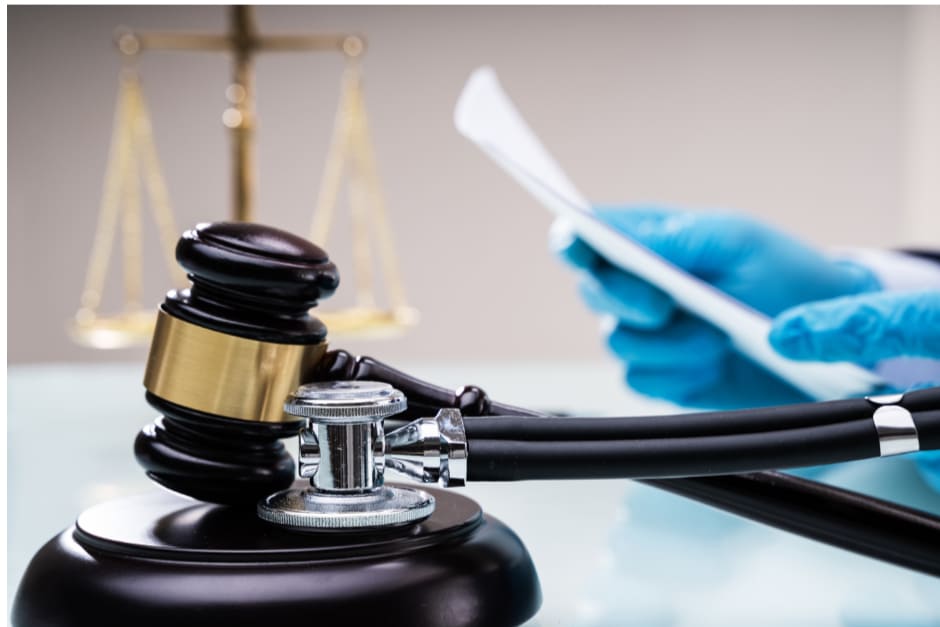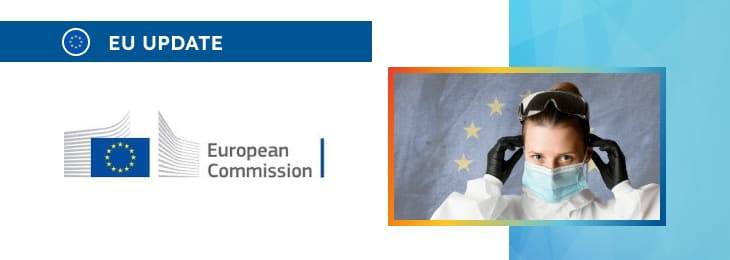The article describes in detail the regulatory approach to be applied in the context of the importation and distribution of medical devices in the EU, focusing on the obligations of the parties involved.

Table of content
The Medical Device Coordination Group (MDCG), a voluntary association of national regulating authorities in the sphere of healthcare products, has published a questions-and-answers guidance document dedicated to Articles 13 & 14 of Regulation (EU) 2017/745 (MDR) and Regulation (EU) 2017/746 (IVDR).
The document is intended to assist medical device manufacturers and other parties involved in interpreting the applicable regulatory requirements, as well as taking the necessary steps to ensure compliance with the existing legal framework.
In particular, the document addresses questions and answers about the requirements for importers and distributors under the regulations as mentioned above.
The document clarifies the operational and practical aspects of implementing Articles 13 and 14, among others, for importers and distributors under these Regulations.
Definition and Roles of Importers and Distributors
First of all, the document provides definitions of the principal terms used when referring to the key parties involved as per Article 2 of the MDR (and corresponding IVDR articles):
- An “importer” is a natural or legal person in the EU that places a device from a third country on the EU market.
- A “distributor” is a natural or legal person in the supply chain, aside from the manufacturer or importer, who makes a device available on the market up until it is put into service.
Additionally, the document refers to several other key terms, such as “making available on the market”, “placing on the market”, and “putting into service”, to clarify these roles further.

Determining the Role as Distributor or Importer
According to the document, a significant distinction between a distributor and an importer lies in “placing on the market”.
A natural or legal person in the EU who obtains a device from a third country and is the first to make it available in the EU market acts as an importer.
Conversely, the ones who supply devices already available on the EU market for further distribution are considered distributors.
It is also important to mention that a consumer who buys a device in a third country for personal use is not seen as placing it on the market.
Therefore, such consumers do not need to fulfill obligations under Article 13 or 14 of the Regulations.
EU-Based Distributors as Importers
The document confirms that an EU-based distributor becomes an importer if it obtains products directly from a non-EU manufacturer or distributor.
The critical factor is the “first making available” of the device on the EU market, which determines the role of an importer.
Multiple Importers for a Single-Device Model
The MDCG states that a single device model from one manufacturer can have multiple importers.
Each entity that meets the definition of an importer as per the MDR/IVDR and places an individual product on the market assumes the role and responsibilities of an importer.
This can happen regardless of whether another importer for the same model exists within the EU.
Retailers and Community Pharmacies as Distributors
The document states that individual shops, community pharmacies, retailers, or other persons can be considered distributors.
This classification applies if they make a device available on the market up to the point of putting it into service.
For instance, a community pharmacy that buys and sells medical face masks falls within the definition of a distributor. These entities must comply with Article 14 of the Regulations and any applicable national registration requirements.
Furthermore, suppose such operators obtain a device directly from a non-EU-based manufacturer or distributor. In that case, they also assume the responsibilities of an importer and must comply with Article 13 of the Regulations.
Conclusion
In summary, the present questions-and-answers document issued by the MDCG is intended to assist the parties involved in understanding the roles and responsibilities of importers and distributors under the EU medical device regulations.
It helps clarify these roles’ operational and practical aspects, ensuring compliance with the MDR and IVDR. While the document is supposed to be comprehensive regarding the matters addressed therein, it should be read in conjunction with other relevant guidelines and documents for a complete understanding of the applicable regulations and how they should be interpreted.
How Can RegDesk Help?
RegDesk is an AI-powered Regulatory Information Management System (RIMS) designed to simplify global compliance for medical device companies. With regulatory intelligence covering 120+ markets, RegDesk helps you prepare and publish global submissions, manage standards, conduct impact assessments, and stay ahead of regulatory changes all from a single, centralized platform. Expanding into new markets has never been easier.

